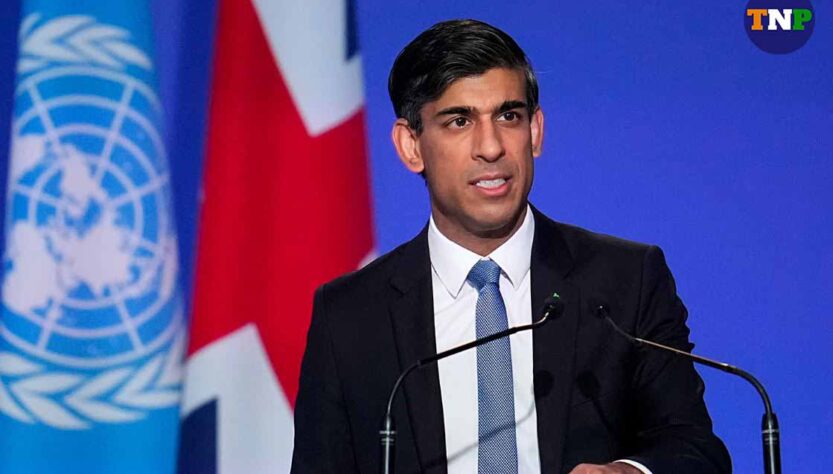The PM forewarns of the Xi Jinping regime’s escalating authoritarianism in his first significant foreign policy speech.
By using his first significant speech on foreign policy to warn of the escalating authoritarianism of Xi Jinping’s dictatorship, Rishi Sunak has signalled the end of the “golden era” of relations between Britain and China.
The prime minister voiced his support for demonstrators by denouncing Beijing’s crackdown and the assault on a BBC journalist as police in China used a show of force in an effort to quell the biggest levels of civil disobedience seen in decades.
In addition to announcing that the UK’s defence and security strategy for the coming decade, known as the Integrated Review, will be updated in the new year, Sunak advised hardening diplomatic relations with China and referred to it as a “systemic challenge to our values and interests.”
Sunak issued a warning that Britain’s adversaries were making “long-term” plans and that the UK needs to adopt a “longer-term stance on China.”
We acknowledge China poses a systemic challenge to our values and interests, a challenge that becomes more apparent as it moves towards even greater authoritarianism, he continued.
“The Chinese government has opted to impose further restrictions rather than pay attention to the protests of its citizens, even by attacking a BBC correspondent.
“The media, as well as our lawmakers, must be free to call attention to these issues without fear of retaliation, particularly by denouncing abuses in Xinjiang and the restriction of freedom in Hong Kong.”
The “severe human rights breaches” against Uyghur Muslims in the Xinjiang area, as described by the UN, were the subject of Chinese sanctions against some Tory MPs last year, according to Sunak.
His speech gave the most direct suggestion that it was intended in part to assuage concerns among certain members of his party that he is not tough enough to stand up to Beijing.
While Sunak’s words were in line with the conclusion of the US national security policy released last month, which stated that China presented “structural problems,” his hesitation to use the word “threat” raises concerns that it could cause yet another schism within the Conservative party.



